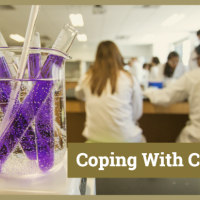News

The Department of Energy's process for predicting how climate change will affect carbon in the planet's ecosystem could get a makeover, thanks to a new grant for two School of Earth and Atmospheric Sciences researchers.

A new at-home polysomnography kit, built by Audrey Duarte and W. Hong Yeo, proposes a path to getting data and a better night’s sleep — thanks to a new, unobtrusive nanotech device.
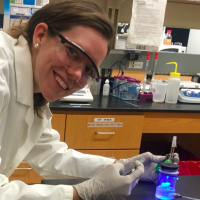
The researchers found that their cocktail of protein-embedded bacteria changed the structure of clathrate crystal lattices to “polycrystalline and plate-like, instead of forming single, octahedral crystals,” as the study’s abstract notes. …

Video recap: Watch Joshua Weitz and Greg Gibson provide updates on Covid-19 projections and coronavirus surveillance testing, with a focus on the return to campus.

Held this summer in a virtual format, the fourth annual Quantitative Biosciences “Hands-On Modeling Workshop” focused on the basics of epidemics modeling. Joshua Weitz and Pablo Bravo share thoughts on how they ran the virtual workshop — along…

New research from Center for Chemical Evolution experimentally evaluates alternative model to ‘RNA World’ hypothesis, emphasizing collaboration and co-evolution

The new county-level calculator builds on the team’s interactive state-level tool, which estimates the daily risk that one or more individuals infected with Covid-19 are present in U.S. events of various sizes.
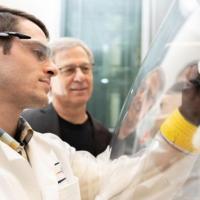
Astrobiologists are using their expertise to help produce necessary components for Covid-19 test kits in the state of Georgia.
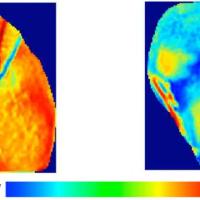
The malaria drug hydroxychloroquine, which has been promoted as a potential treatment for Covid-19, is known to have potentially serious effects on heart rhythms. Now, a team of researchers has used an optical mapping system to observe exactly…
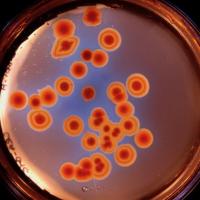
A study led by The Diggle Lab found that the opportunistic pathogen Pseudomonas aeruginosa can quickly evolve in a synthetic media that mimics cystic fibrosis sputum, to develop tolerance and resistance to certain antibiotics.
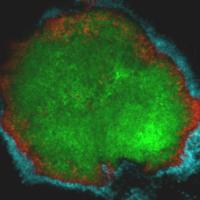
Examining bacteria growing on toddlers’ teeth, Marvin Whiteley and a team from the University of Pennsylvania found microbes’ spatial organization is crucial to how they cause tooth decay.
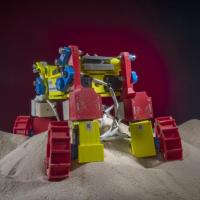
Built with wheeled appendages that can be lifted and wheels able to wiggle, a new robot known as the “Mini Rover” has developed and tested complex locomotion techniques robust enough to help it climb hills covered with granular material – and…

School of Biological Sciences Professor Joshua Weitz is honored by the Graduate Student Government Association for his advocacy efforts for students.
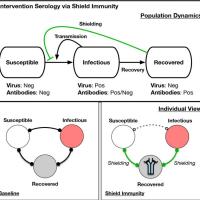
The presumed immunity of those who have recovered from the infection could allow them to safely substitute for susceptible people in certain high-contact occupations such as healthcare. Dubbed “shield immunity,” the anticipated protection against…

A new article from Georgia Tech professor Joel Kostka highlights the advances made in microbial science in the 10 years since the Deepwater Horizon oil spill, the world's worst environmental disaster.
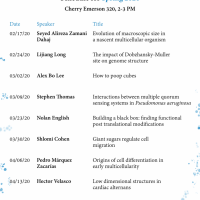
QBioS PhD students of the 4th-year cohort will present their research throughout the Spring semester. Alireza Samani was the speaker for the inaugural talk, presenting his research on multicellular evolution.
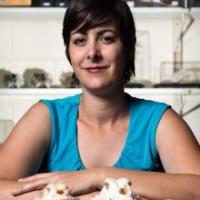
A pair of College of Sciences professors -- Jenny McGuire in the School of Earth and Atmospheric Sciences/School of Biological Sciences, and Lutz Warnke of the School of Mathematics -- are receiving coveted National Science Foundation…

The science behind the epidemiological detective story regarding the current coronavirus epidemic was the subject of a Georgia Tech forum this week.

